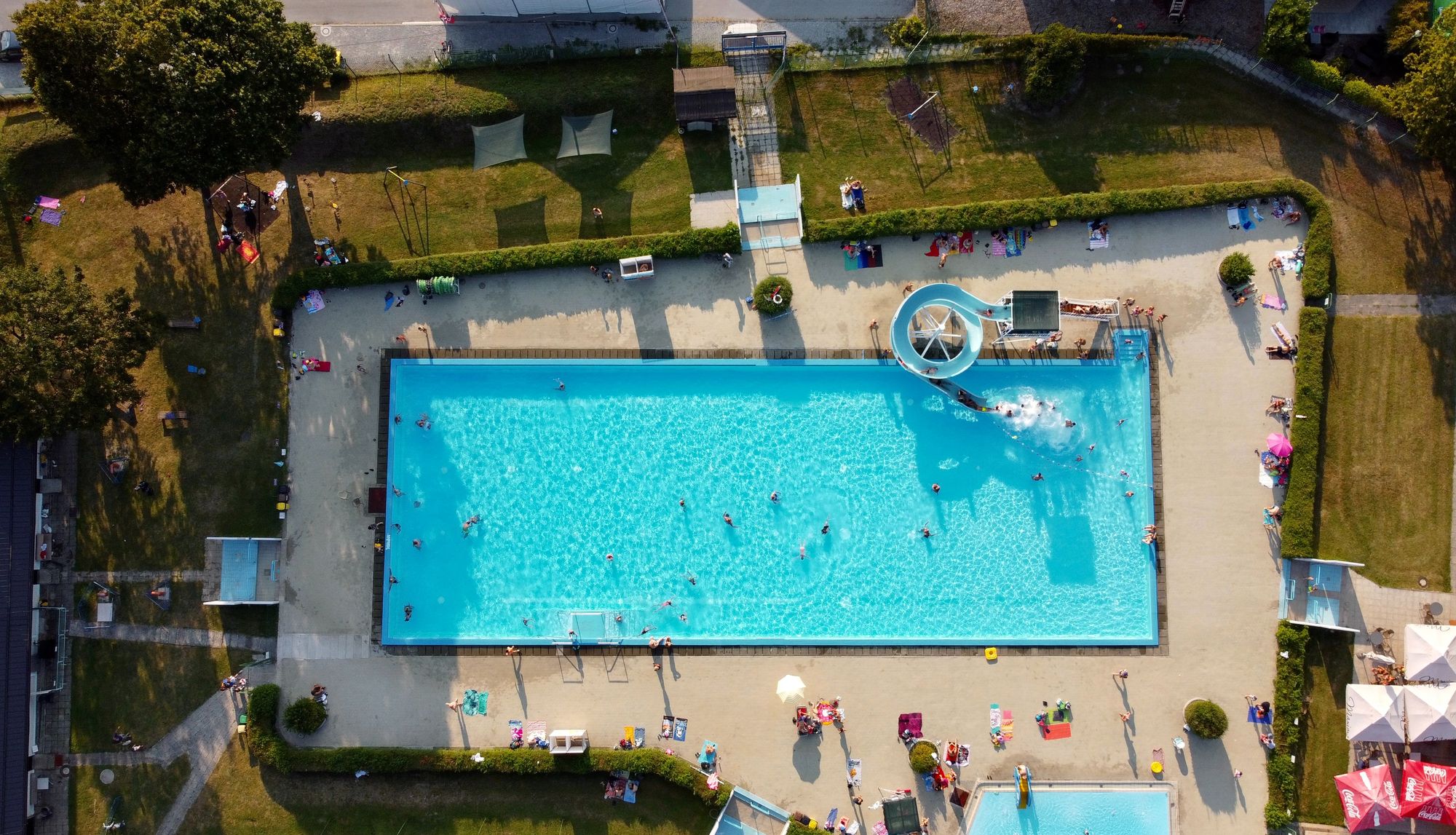Heather McGhee's book The Sum of Us: What Racism Costs Everyone and How We Can Prosper Together wants to help us think through the funny math that shapes how Americans understand their political interests. Whether we focus on economics, immigration, or even individual rights, the answer requires a variable that rarely makes it into the calculations when asked to show our work.
The Sum of Us starts with a moment most of us recognize. Donald Trump won the presidency with the help of what we believed was a socially conservative party. So-called values voters came through for a celebrity who took pride in making up his own rules. McGhee turned this puzzle into the premise of her book. McGhee wants readers to consider that this event points to troubling political behavior that has been with us for much longer than gilded escalators and red caps.
She describes the bigger problem:
The majority of white Americans had voted for a worldview supported not by a different set of numbers than I had, but by a fundamentally different story about how the economy works; about race and government; about who belongs and who deserves; about how we got here and what the future holds.
The Sum of Us is about this fundamentally different story and how it has shaped American political behavior for decades.
The Missing Variable: Belief in a Racial Hierarchy
The book capitalizes on a powerful example— the public pool. Through these once cherished public assets, McGhee invites the reader to see the problem that pre-dates 2016 election results:
When the people with power in a society see a portion of the populace as inferior and undeserving, their definition of 'the public' becomes conditional. It's often unconscious, but their perception of the Other as undeserving is so important to their perception of themselves as deserving that they'll tear apart the web that supports everyone, including them. Public goods, in other words, are only for the public we perceive to be good.
So, elegant public pools that once occupied the center of community life become battlegrounds for equal rights. As that fight continued for decades, public pools became harder and harder to find. These once public spaces now exist as the domain of private clubs, neighborhood associations, or personal backyards.


Keep up with our civic reads, get our newsletter.
While grand public pools may have faded from memory, most readers have some experience with public spaces being a tricky proposition. It's possible today to witness a fight for local funds to maintain the few remaining public pools. Vox tells this story in one of their short videos documenting lesser-known episodes in American history, "The forgotten wade-ins" that transformed the U.S.". The last few minutes of the video are especially compelling. Vox interweaves black and white images from the Civil Rights Movement in the 1960s with today's fights over who belongs in the neighborhood pool.
As a child, I grew up with a giant public pool at the center of life in a small midwestern town. I wasn't very old when we moved, but I had heard everything was bigger in Texas. I was so disappointed that their public pools failed to live up to the hype. Decades later, Heather McGhee helped me understand why.
The Sum Of Us then moves from public pools to show how limited ideas of the public good shape policies around housing, education, environmental policy, and economic programs. From the pool to the rising cost of higher education, McGhee makes clear that a radicalized "Zero-Sum Hierarchy" has costs for all of us.
Getting Results: Talking about the Public Good
If you still earnestly spend your time trying to correct fake facts online, let this be the book that persuades you to stop. That tired political game isn't just a waste of time; it's a distraction from the public conversation we have postponed for too long. To start to reclaim what we have lost, we have to talk openly about our competing ideas of the public good.
When we engage that question, we work to hold one another accountable for our answers to the questions McGhee highlights—who belongs and who deserves. We can not afford to allow those answers to lurk in the dark any longer.
Those beliefs have made zombies of our country's best ideas. The racialized logic makes inequality comfortable; It even seems inevitable. As McGhee says:
The antiquated belief that some groups of people are better than others distorts our politics, drains our economy, and erodes everything Americans have in common, from our schools to our air to our infrastructure.
The costs mount throughout the book. Each story follows the same plot line as public pools. When a public good could be reserved for the use of a white public, the government invested in public spaces and progressive policies. The American people who had access celebrated these investments as proof that the American Dream could be made real. However, once policies expanded to include non-white members of the public as beneficiaries, the story changed, and public support for these policies started to disappear.
McGhee identifies a willingness to "go without" as state governments start limiting their spending on higher education and tuition costs go up. In this regard, we can see the cost of enforcing the racial hierarchy in the amount of student debt carried by American families of all backgrounds today.
In the book's final act, when everyone is looking for solutions, McGhee tells readers that color blindness offers no relief.
Instead of being blind to race, color blindness makes people blind to racism, unwilling to acknowledge where its effects have shaped opportunity or to use race-conscious solutions to address it.
In some ways, this insight explains why we have difficulty understanding the relationship between voting behavior and individual interests. The working assumption is that there is a limited set of variables— an economic benefit, a specific policy for relief, or a deeply-held belief. We never discuss how ideas about race and identity— who belongs and deserves to benefit— change the math.
The solution requires confronting what McGhee calls "a root belief," a way of thinking embedded in the laws we pass and the policies we enforce. She writes:
The great lie at the root of our nation's founding was a belief in the hierarchy of human value. And we are still there.
What would color-conscious solutions look like? Here she turns to the work of john a. powell (who doesn't capitalize his name). With "targeted universalism," we would identify our policy goals and decide what benefits we want all Americans to receive. From there, we would "take into account the varied situations of the groups involved." McGhee offers her own formulation of the solution in clear language:
We need leaders who see color, who recognize the profound impact social hierarchies have had and continue to have on our national well-being, and who create new visions for how we can recognize our American diversity for the asset that it is.
Targeted universalism uses a formula that could work to center the American Dream in our policymaking decisions.
Being Part of the Solution Set: Advocating for Color-Conscious Policies
The Sum of Us: What Racism Costs Everyone and How We Can Prosper Together is a book that will change how you see policy debates in American politics. McGhee also offers a language we can each use to make color-conscious policies feasible.
Race matters in any question about voting behavior. McGhee shows how it has limited our ideas of the public good too. That means we are all paying the cost as any notion of the public good gets smaller and smaller.
That formula makes us all losers no matter who wins the next election.

